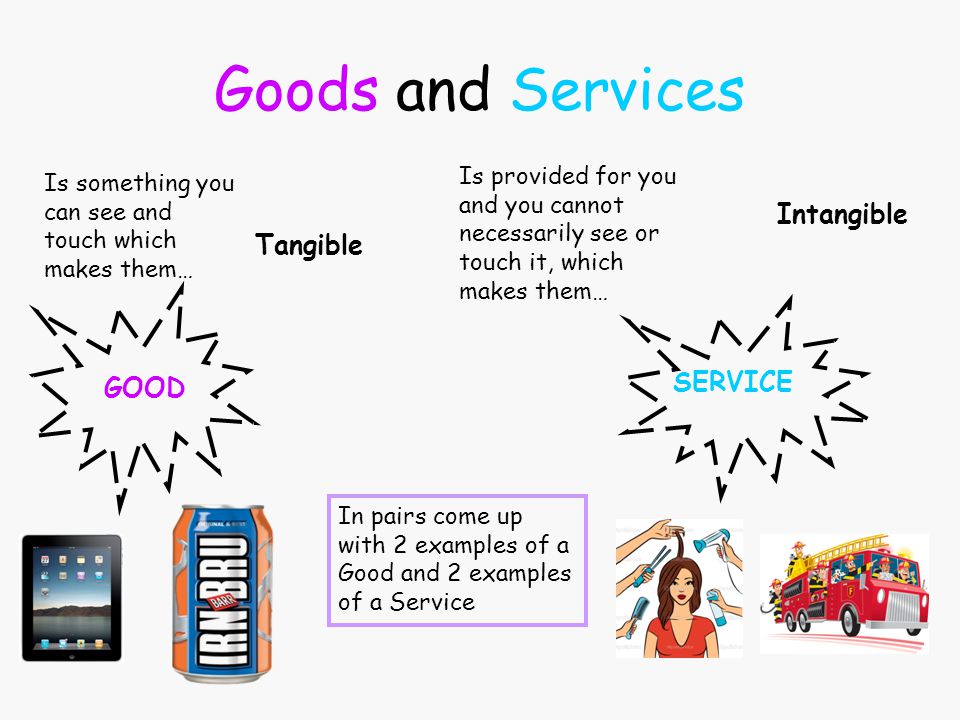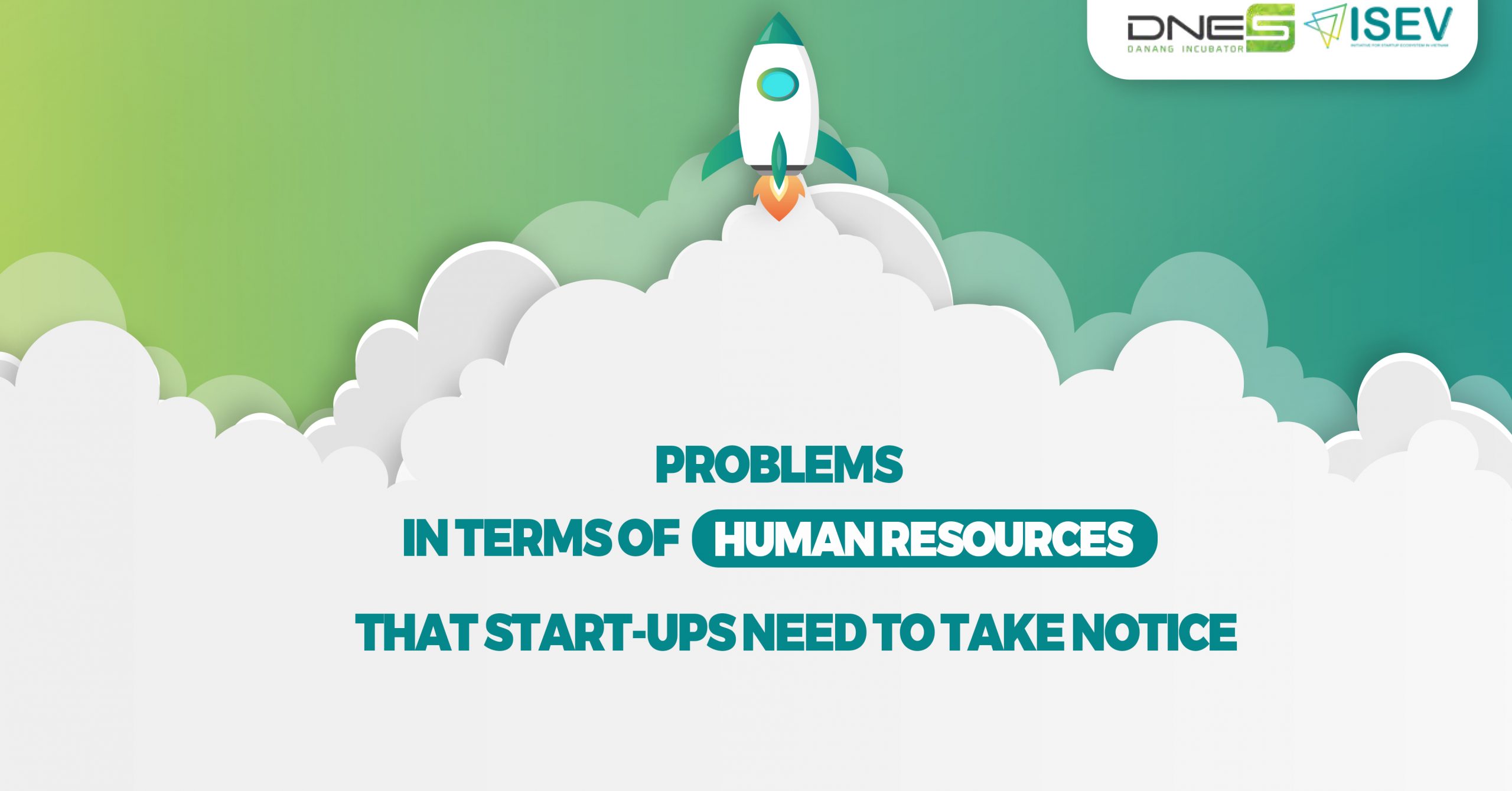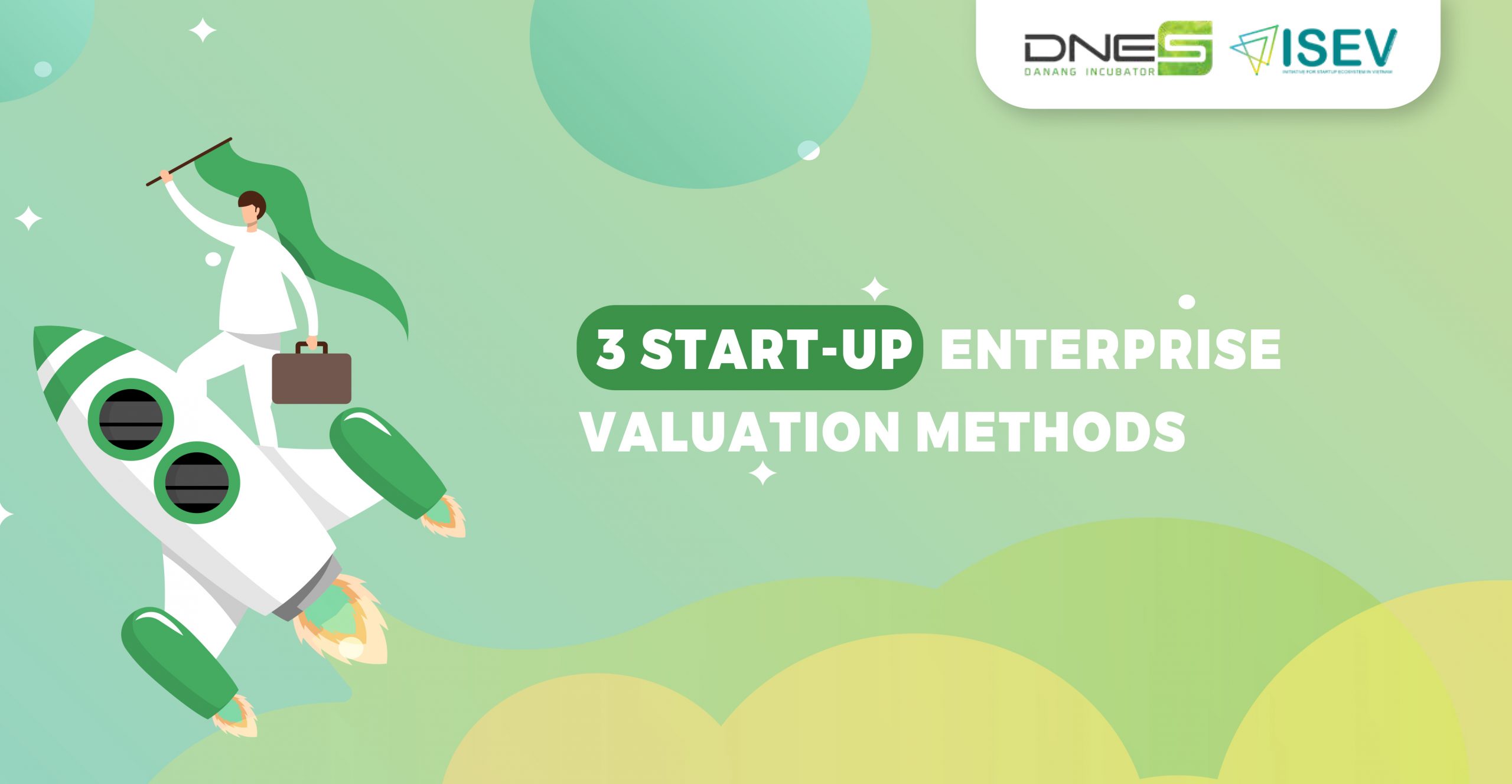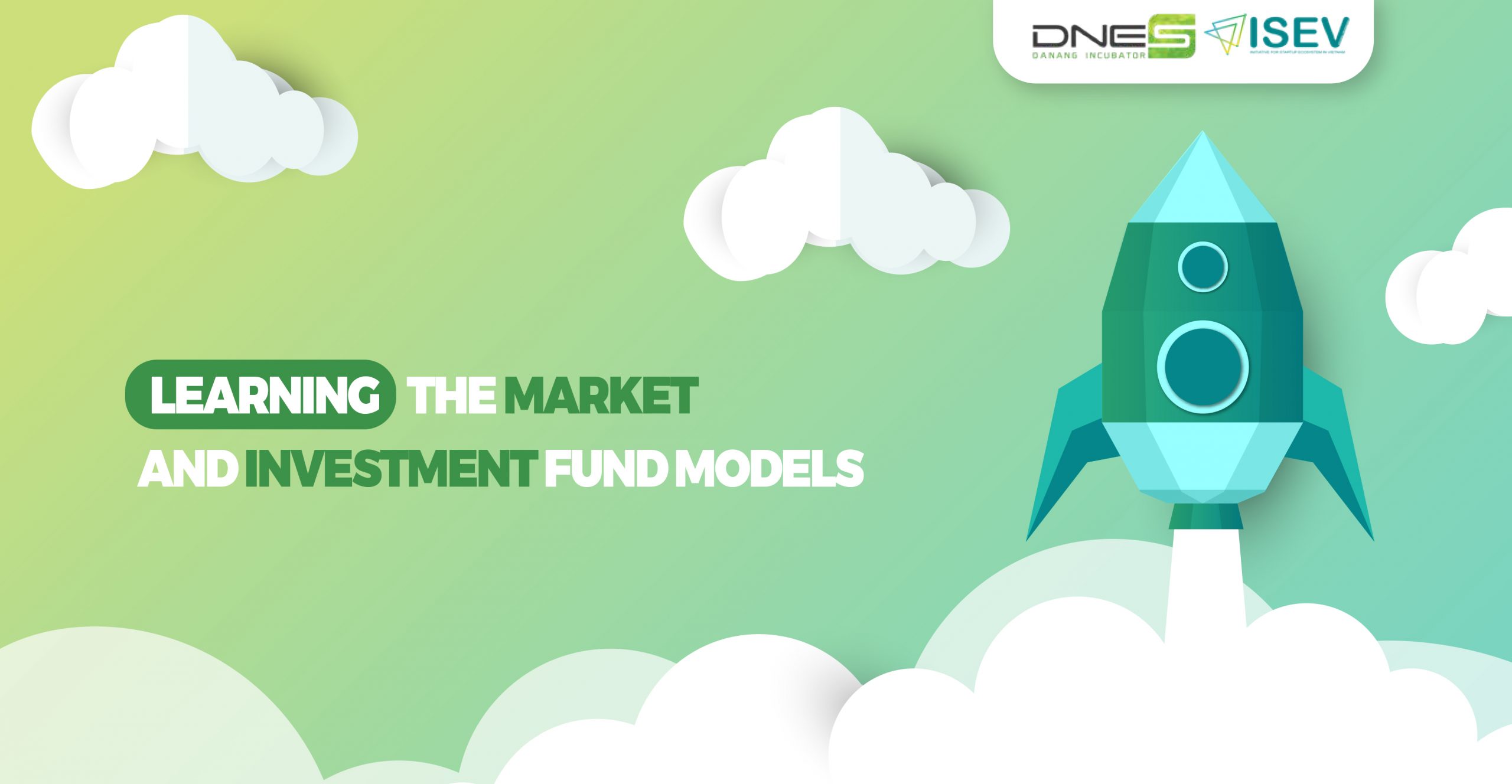PRODUCTS DEVELOPMENT STAGES FOR START-UP BUSINESS
Products are one of the core factors that create the success and failure of a business, especially a startup. Therefore, product development is an inevitable task, requiring founders to invest a lot of time, effort as well as deep understanding of professional knowledge. Understanding that, DNES built a series of lessons on the topic "Product development for startups", with the desire to bring the best overview to founders about product development, especially products with innovative elements.
The series of lessons "Product development for startups" is part of the "Series of startup lessons" implemented by Da Nang Business Incubator (DNES) in collaboration with project office 844. The content of the lesson consists of three parts:
– Part 1: Product and product development stages
– Part 2: Effective ways to develop products
– Part 3: Managing the product development process
Product is one of the core factors that make up the success or failure of a business, especially a start-up business. Therefore, product development is an inevitable thing, requiring founders to invest a lot of time and effort as well as in-depth expertise. Understanding that, DNES built a series of lessons on the topic "Developing products for startups", with the desire to bring the most overview to founders about product development, especially are innovative products.
The series of lessons "Developing products for start-ups" is part of the "Start-up Lesson Series" conducted by Da Nang Business Incubator (DNES) in collaboration with the project office 844. part:
– Part 1: Product and product development stages
– Part 2: Effective ways to develop products
– Part 3: Managing the product development process
Part I. Products and stages of product development for startups
- What is the product?
"Product" is a concept that seems easy to define, but not all of us understand the essence of "Product". The product is not simply what we can handle, it also includes immaterial elements.
- From a market point of view, a product is everything that is offered for sale to satisfy a need or desire of a target group of customers.
For example, Hao Hao instant noodles – one of the most successful "Made in Vietnam" products. This is an instant noodle product that has existed for nearly 20 years, bringing Acecook company more than VND 11,500 billion in revenue. What makes such a successful product certainly isn't just the core nature of the product – here are things that address customer hunger like squeezing noodles and salt packets inside. It is also the brand, taste, model, promotion, sales message and especially the price that is affordable but still ensures to solve the customer's problem. All of the above together make a finished product.
In addition, with the continuous development of technology and engineering, the product is increasingly rich and exists in various forms, including:
+ Physical products: laptops, shoes, cars,…
+ Digital products: software, applications on mobile devices,…
+ Products and services: catering, beauty, health, learning,…
In addition to the above basic forms, with the creativity of businesses, especially startups, products are developed more diversely based on the combination of factors:
+ Physical-digital products: when you buy an Apple computer, you will own both the operating system and Apple software
+ Products and services – number: Shopee Food,…

- Stages of product development:
All successful products will go through 4 stages.
- Product launch stage:
This stage is usually done after a long process of research, development and product improvement, this is the stage where businesses have to spend a lot of money on marketing to promote products and brands while the number of customers is not enough. Therefore, startups will often suffer losses at the stage of introducing this product.
- Stage of growth and development:
After the launch of the product on the market; if the product is accepted by customers as well as the business has appropriate marketing, sales and brand expansion strategies; the product will enter the growth phase. At this stage, customers already know the product and the business more, the revenue increases rapidly. Despite this, businesses are also beginning to face competitive pressure from competitors in the market.
- Stage of maturation:
This is considered the most stable stage of the product because the product has attracted a stable number of customers, reduced costs and affordable prices. However, competitors are also appearing more and more. Each competitor has its own strengths, requiring startups to have differences to be able to survive in the market.
- Recession phase:
This is the stage that determines whether the life cycle of the product will continue or end. At this stage, the number of competitors will reach the highest level, causing startups to spend a lot of money to keep market share, while sales begin to decline. Therefore, businesses must come up with the right strategy, otherwise the product can end its life cycle right at this stage.
It is also important to understand that not all products are successful, which means going through all 4 stages above. Most products will stop at the first stage, before reaching the important milestone of Product Market Fit. and users also feel satisfied, ready to pay for the product. Even, customers are willing to introduce products, leading to a sudden increase in sales. Therefore, it can be said that the first stage of the product life cycle is very important and also the most difficult stage for a new product. Therefore, startups need to focus absolutely and come up with an effective product development method, from which, they can make the most of the opportunity to achieve Product Market Fit.
To better understand the product and product development stage for startups, please watch more video lessons below
Author: Vũ Xuân Trường




